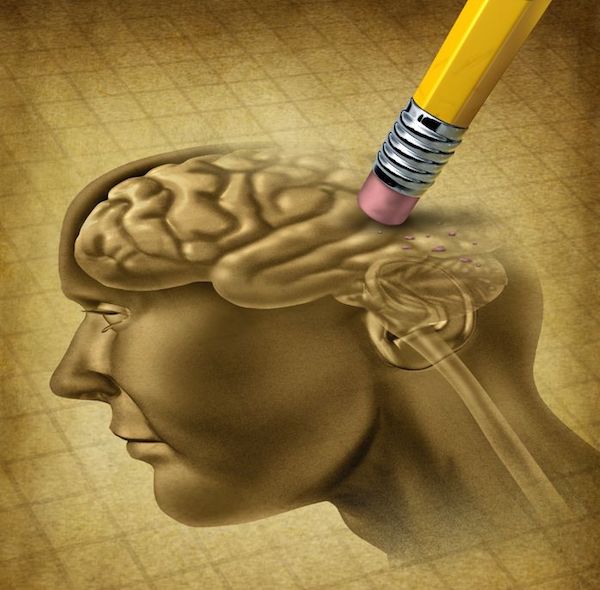Alzheimer’s disease is a neurological disease that destroys memory and cognitive skills.

Alzheimer’s disease is the most common cause of dementia in people age 65 and older. Although young people can develop it, it happens rarely. During its course, the chemistry and structure of the brain changes, leading to the death of brain cells.
As with most of the other dementias such as Parkinson’s disease and vascular dementia, the causes of Alzheimer’s are not fully known. The disease is linked to a combination of factors, including age, gender, genetic inheritance, lifestyle and health.
According to Alzheimer’s South Africa, some 750 000 South Africans live with the disease.
What are its symptoms?
Alzheimer’s is progressive, which means that over time, more parts of the brain are damaged. Alzheimer’s disease stages mean that symptoms are usually mild to start with, but get worse over time and start to interfere with daily life.
Symptoms will vary in severity and presentation from case to case, but may include the following:
1. Early-stage dementia:
- Apathetic
- No interest in hobbies
- Unwilling to try new things
- Difficulty adapting
- Slow to grasp ideas
- Blame others for “stealing” lost items
- Forgetful
2. Middle-stage dementia:
- Very forgetful
- Confused about time and place
- Clinging
- Lost if not in familiar surroundings
- Become repetitive
- Neglect hygiene or eating
- Become angry, upset or distressed
3. Late-stage dementia:
- Unable to find their way around
- Constantly repeat phrases and sounds
- Incontinent
- No recognition of friends and relatives
- Need help with self-care, including dressing, eating, washing, bathing
- Fail to recognise everyday objects
- Have difficulty communicating
- Aggressive
How is it diagnosed?
See your doctor if you are worried about your memory or think you may have dementia as an early Alzheimer’s disease diagnosis gives you the best chance to prepare for the future and receive treatment that may help. Note though that a sufferer rarely suspects they have this disease – it is far more common for a family member to notice symptoms and seek advice.
Your doctor will carry out some simple checks to try to find out what the cause of your memory loss may be. They can refer you to a specialist for further tests if necessary.
A multidisciplinary assessment with input from a psychologist, a psychiatrist and a neurologist may be necessary. To rule out other possible causes of your symptoms and look for possible signs of damage caused by Alzheimer’s disease, your specialist may recommend a brain scan.
What are your treatment options?
While an Alzheimer’s disease cure does not currently exist, it can be managed. Drug and non-drug treatments can help with cognitive and behavioural symptoms.
For example, although current medications cannot cure Alzheimer’s or stop it from progressing, an Alzheimer’s disease drug treatment may help lessen symptoms, such as memory loss and confusion, for a limited time.
Non-drug treatments include creating a safe and supportive environment, and identifying triggers that change behaviour.
Exercise and nutrition also play a role. Exercise helps with joint, muscle and heart health, and aids sleep, while a diet rich in fruit, vegetables and fatty fish will boost overall physical health.
Can it be prevented?
As so little is understood about the causes of Alzheimer’s disease, there’s no guaranteed way to prevent it.
While it tends to run in families, you won’t necessarily develop it. If you are concerned that you might develop it, your best strategy is to maintain a healthy lifestyle.
Stategies include:
- Eat right and exercise regularly
- Keep your brain sharp by doing crosswords and reading
- Eat fatty fish rich in omega-3 fatty acids
- Folic acid supplements can reportedly boost poor cognitive function
- Control your blood pressure
- Have strong social support. A network of friends and good social life can reportedly help stave off Alzheimer’s.
Shop online at Clicks.co.za for vitamins that boost brain function
Omega-3 and folic acid reportedly help with boosting brain function, which is why Clicks' pharmacists have selected the best supplements for you. If you'd like to stock up on your monthly intake through the convenience of online shopping, go here for omega-3 supplements and here for folic acid.
For more info
DementiaSA
Alzheimer’s South Africa
Alzheimer’s in Action
IMAGE CREDIT: 123rf.com
